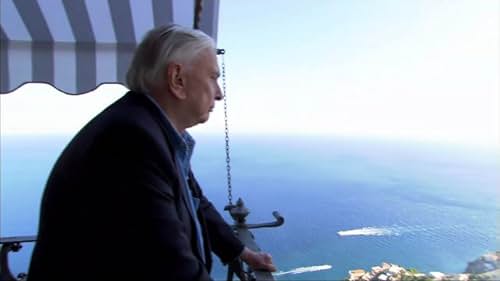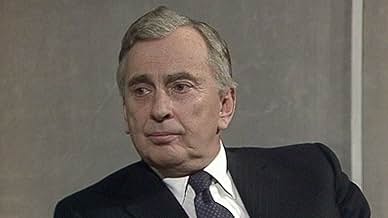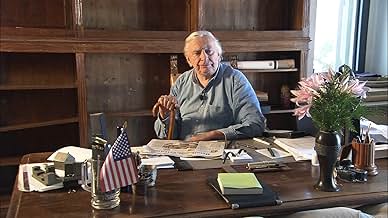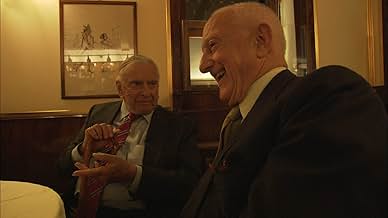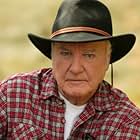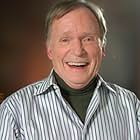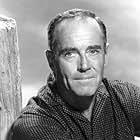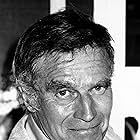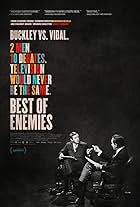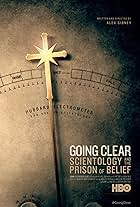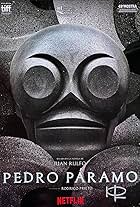I was introduced to Gore Vidal by my tenth grade high school history teacher. Mr. D'onofrio set aside one class period for his students to watch a one-hour interview he had taped from a late night TV interview. This was 1980, long before home video recording was the norm and you could still occasionally catch an author, historian, or philosopher on late night television. Most of my fellow classmates were bored stiff, but I was fascinated by the things Mr. Vidal was saying – things I hadn't heard anyone else say about the state of government and how things really worked in Washington.
I searched for material on and by Mr. Vidal, which led me to his play/film The Best Man, which took a decidedly different look at a Presidential Nominating Convention than anything Walter Cronkite ever showed us, and Myra Breckinridge, the most notorious film of its time. (I was too young to see it, and Vidal disowned it anyway.) I sought him out on TV, where had had become somewhat ubiquitous, and always found his interviews thought provoking.
Gore Vidal: The United States of Amnesia, a new documentary by Nicholas Wrathall, was a trip down memory lane for me. A decidedly one-sided look at Vidal's life and influence, the film – via archival footage and interviews with Vidal shortly before his death in 2012 – gives a pretty complete picture of who he was, what he thought, and the battles he undertook almost to his last breath. A bastion of the liberal left, Vidal never towed the party line. As harsh a critic of Kennedy as he was of Nixon, Vidal saw the election of Barack Obama as the final indication that the Republican Party would soon go the way of the Whig Party. Would he were around today to see the resurgence of the Tea Party.
Author, politician, atheist, playwright, political commentator, humanist, screenwriter, film actor – all roles with which Vidal undertook with gusto, verve, and the conviction of his ideas. The strengths of those convictions led to two notable feuds that are covered substantially in this film. Authors William F. Buckley and Norman Mailer both had memorable encounters with Vidal and thankfully both are preserved on videotape. Vidal's two runs for public office, once for a New York House seat, and once for the U.S. Senate versus Jerry Brown, gives us a glimpse at a man who was willing to put his money where his mouth was, even though he spent substantially less money than Brown did in the Senate race.
The film also gives us a more substantial look at Vidal's private life, particularly in the long relationship he had with Howard Austen (a man he lived with for over 50 years with whom he claims he never had a sexual relationship) and with the friendships he had with the likes of Tennessee Williams, Joanne Woodward and Paul Newman.
More autobiography than biography, Gore Vidal: The United States of Amnesia is 90 minutes of pure, unabashed Vidal, interspersed with some of his most caustic comments, ie "Our form of democracy is bribery, on the highest scale." or "Envy is the central fact of American life." The film happily reminds us of a time when intellectuals could be entertaining and thought provoking, and unhappily of what passes for intellectual debate today.
www.worstshowontheweb.com

